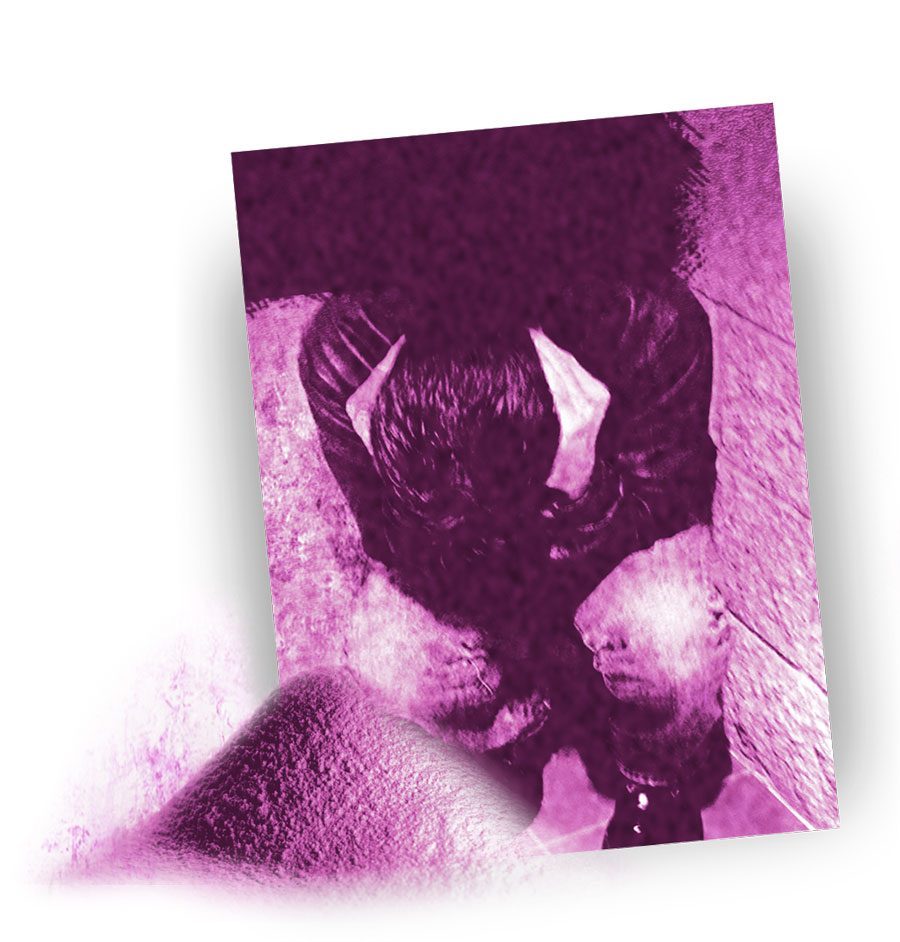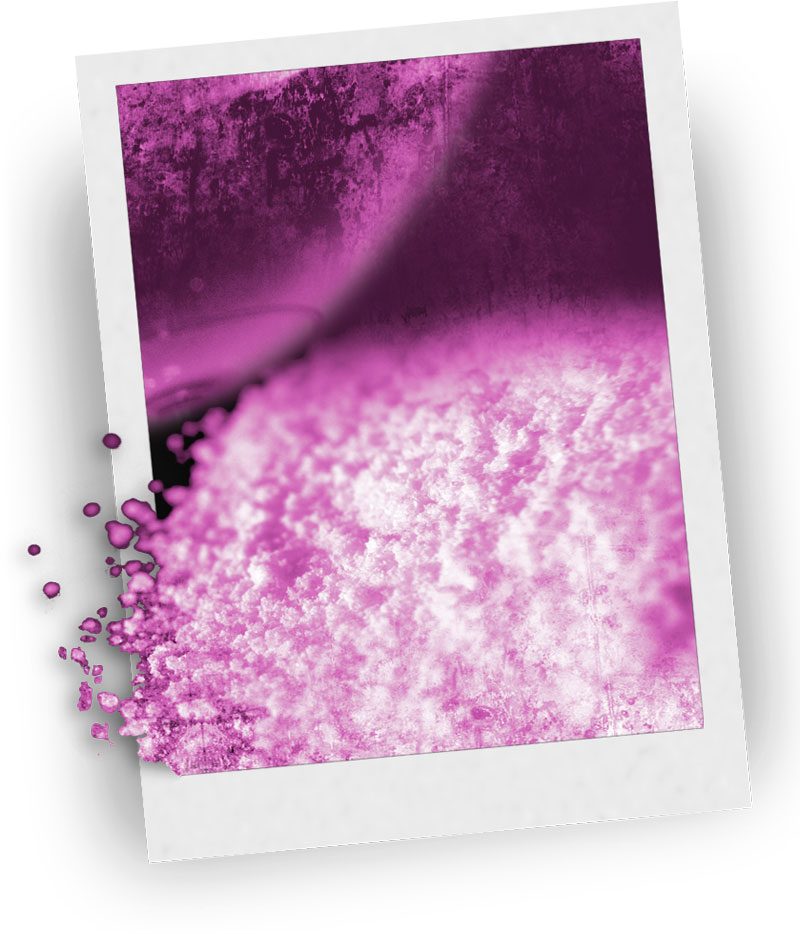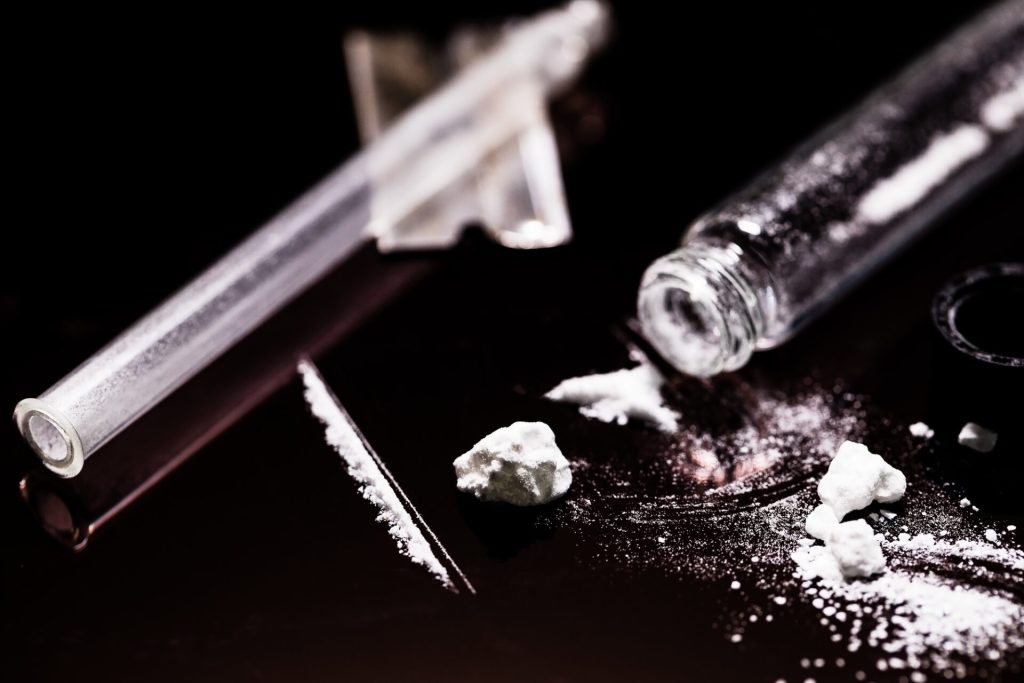The effects of cocaine withdrawals
In the UK, 6% of people between 16 to 24 years old have tried cocaine. And for people aged 16 to 59, 2.6% took powdered cocaine.
This number is steadily rising, which shows that there is a growing dependence on cocaine in this country. Maybe you or a loved one has developed an addiction to this drug, which has negatively affected your relationships. But now, you’ve recognised this effect and want to turn things around.
If you or your loved one are considering quitting cocaine, understanding what cocaine withdrawal symptoms are like is crucial so you know what to expect. In this article, we’ll delve into the various stages of cocaine withdrawal symptoms, so you are well-prepared.
Cocaine Withdrawal Timeline
First off, we want to note that the intensity and length of your side effects will depend on several things. The first factor is how long you’ve used cocaine for, as well as how frequently you’ve used it. The other factor is how much you’ve taken.
In general, the longer and more frequently you’ve used cocaine, the more extended withdrawal will be. Also, the more you’ve taken, the more intense your withdrawal symptoms will be. Plus, if you’re currently using other substances, then this will also affect your withdrawal timeline, depending on what the substances are and whether or not you’re trying to quit them as well.
When giving up cocaine, you can feel the symptoms for up to a few months after your last time of use. But for others, the cocaine withdrawal length can be much shorter. Generally, you’ll feel intense cravings to use again during the first month.
In comparison to other drugs, cocaine withdrawal and detox aren’t as dangerous.
However, the side effects may be so bad that you’ll seek to use again. This is especially true if you don’t have a sound support system and medical supervision to help you get through the entire process. Because of this, we highly recommend checking into a rehab centre so you can get professional help managing your withdrawal symptoms for a better chance at sobriety.
Initial Signs of Cocaine Withdrawal
Cocaine withdrawal symptoms can come on in as little as a few hours after your last use of the drug.
Symptoms include:
- Most people report feeling irritable
- Exhausted
- Anxious
- Get a cocaine headache.
While on cocaine, you may have noticed that you have a lack of appetite. Since you’re withdrawing from the drug, you’ll see that an increased appetite will return within a few hours. This is a normal part of cocaine physical withdrawal symptoms.
Interestingly enough, in the first hours of cocaine withdrawal, your cravings for the drug will actually decrease instead of increase. This may make you feel like how to stop taking cocaine is easy, but this will be a misconception as you get further along in withdrawal.
If you haven’t tapered your use of cocaine beforehand, the cold turkey symptoms can feel a lot worse. For instance, you might feel extremely anxious and irritable. You may also feel overwhelmed with hunger and may end up binge-eating.
Make sure you take good care of yourself during this period (and the rest), as your body will be fighting hard to reset and eliminate its dependence on cocaine.
Week 1 of Withdrawal
- After the first few hours, your cocaine cravings will return. In fact, in the first week of withdrawal, you’ll have extremely intense cravings for cocaine. For many, this is why they relapse; the cravings for this drug can be so intense that they abandon withdrawal and detox, and instead, get high again.
- In addition to these intense cravings, you’ll most likely still feel exhausted. However, you’ll also have trouble falling and staying asleep.
- Plus, if you do manage to sleep, you’ll often have weird and unpleasant dreams that are very vivid. This, in combination with all your other sleep problems, can contribute to even more exhaustion. As a result, you may feel significantly more irritable and anxious.
- A mental side effect at this point may be depression. You might also have mood swings because of the cravings and decreased sleep quality.
- Quite reasonably, the first week of withdrawal is therefore referred to as “the crash.” This time is most crucial for you to have a sound support system, as it’ll be very easy to relapse. But once you can get over this hurdle, then the rest of withdrawal should be more comfortable, both on your body and your mind.

Weeks 2-4 of Withdrawal
- During this period, a lot of the withdrawal symptoms for cocaine will be the same. You’ll still experience intense cravings for the drug, and depression will always linger in this stage.
- As in the earlier parts of withdrawal, it’s common to feel agitated and easily irritated with things. As a result, you might have frequent mood swings. This is all very normal, as you’re feeling frustrated with not satisfying the “itch” that comes with addiction.
- During these weeks, you’ll also probably find it hard to concentrate. Your body is still trying to readjust to the lack of cocaine in its system, so you may not physically feel all there.
- The good news is, the troubles sleeping and the unpleasant dreams should either decrease or completely go away during this phase. Because of this, you should experience better quality sleep, and as a result, you should start to feel physically better. The exhaustion may begin lifting.
Weeks 5-10 of Withdrawal
- This is where you start healing, both mentally and physically. As far as the previous symptoms go, they’ll begin to decreasing, which means you’ll feel more and more comfortable with yourself.
- While the intense cravings will go away in this period, it’s common for cravings to pop up now and then. This is why it’s essential to have a good support system with people who will help you get through these cravings.
- While you won’t have as much anxiety, depression, and uneasiness as before, all of these withdrawal symptoms can still be present. However, you’ll feel them less frequently and less intensely. It may be a good idea to see a therapist so you can learn healthy coping mechanisms.

Get Help With Cocaine Withdrawal
As you can see, the symptoms of cocaine abuse and withdrawal can be very tough to handle. However, you don’t have to do it alone. By going to addiction treatment at a medical detox centre, you can safely withdraw from this substance and learn how to quit cocaine, especially if you have a more serious and long-term addiction.
During cocaine detox, medical professionals will monitor your entire withdrawal phase. They may be able to prescribe you some medications to ease the symptoms. For many, this will be highly comforting, as they may not have a good support system to help them see through the whole detox phase.
Afterwards, you’ll usually go through cocaine rehab. You’ll work with a counsellor to not only figure out what your triggers are but also to find healthy outlets for stress. They’ll give you invaluable life tools to maximise your chances of stay sober and minimise relapse, especially if you use cocaine and alcohol together.
The treatment programmes will include individual therapy, and you’ll also attend group sessions to discuss what you’re going through. Other services you’ll get to utilise in rehab include treatment options (like cognitive behavioural therapy, and art and music therapy) and activities centred on mindfulness, such as yoga and massage. You might also get to work with a nutritionist, so you learn how to eat better for a healthier life.
Many also choose to receive aftercare after completing rehab. Long-term treatment for cocaine addiction usually centring on individual counselling that includes behavioural therapy. This is a continuation of therapy, both individual and group, as well as the alternative treatments and activities. This can help you transition back to a healthy life in a much easier way.
Consider Going to Cocaine Detox and Rehab Today
It can be extremely challenging to deal with cocaine addiction. Facing withdrawal for a cocaine user can be very daunting and unpleasant to think about. However, this is only a small hurdle you have to clear before starting your healthier and happier life.
So break free from your dependence and start over anew. Get some professional help with your cocaine detox and rehab for the best chance at a lifetime of sobriety.
Are you or a loved one considering coming off cocaine? Then get in touch with us now. We can give you some free advice on how to proceed with your path to being sober.
Sources:
https://www.sciencedaily.com/releases/2010/09/100916073416.htm
https://www.healthline.com/health/opiate-withdrawal
https://www.theguardian.com/society/2019/jan/30/the-white-stuff-why-britain-cant-get-enough-cocaine
https://www.drugfreeworld.org/

John has dedicated his life to finding treatment for those with addictions and supporting their families.
A business manager for 20 years in the construction industry John’s own experience of addiction led him to found his own rehab centre group in Scotland.
John qualified as a counsellor for people with substance misuse during his time working as a therapist and manager for the foundation. He also trained as an interventionist and appeared on ITV as a consultant helping families impacted by addiction.
He has helped thousands of people in recovery and his knowledge of the rehabilitations process and the addiction experience is unparalleled.


